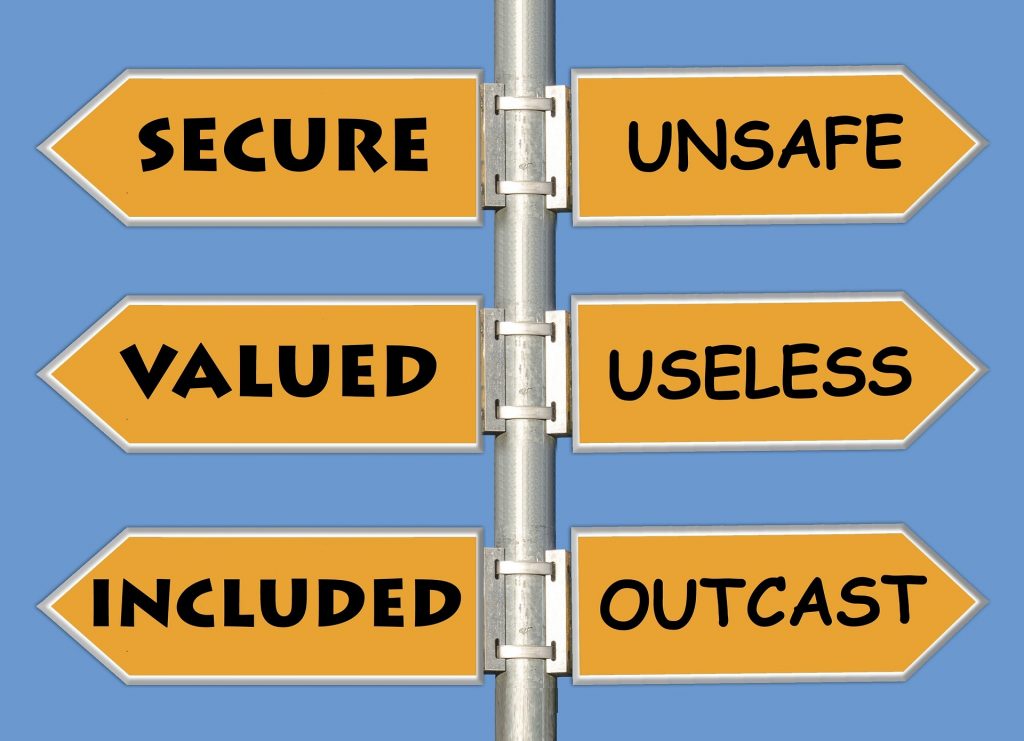Challenging negative thinking patterns and behaviors
“In the midst of movement and chaos, keep stillness inside of you.” –Deepak Chopra. I absolutely love this quote and I keep it as a daily mantra to remind myself that I am truly in control of how I choose to react to the events that are happening in my life. In a fast-paced and ever-changing world, it is far too easy and very common to get into our own heads. With that, we can often get fixated in ruminating and extremely repetitive thoughts. The most challenging part about it is that it’s difficult to even notice, as our thought patterns and ways of thinking become so ingrained into our psyche, we can often fail to notice that it is actually happening. It becomes our automatic machinery, and we can inevitably be left feeling stuck, trapped, and at times helpless; however, we never truly are. We have the ability to be flexible and malleable in modifying our thought patterns, more so if we have the capacity to recognize what those are.
Hunter et al (2009) from Integrated Behavioral Health in Primary Care explain how to challenge several of these negative thinking patterns, and how to properly catch yourself in them:
1) All or nothing thinking-you can only see things in extreme opposites of the spectrum or in black and white, and there is no room for anything else or no happy medium. “I am either everything, or I am nothing.”
2) Jumping to conclusions-negative conclusions are made with little or no facts to back them up. “My loved one isn’t home yet, the only possible conclusion is that something bad must have happened to them.”
3) Fortune telling-you assume that things can, and will, certainly end badly. “Because I didn’t get a good grade on my exam, I will ultimately fail out of my program.”
4) Should statements-words like ‘I should ‘I must’ ‘I ought to’ can lead to extreme anxiety and dis-illusions of oneself and one’s values, abilities, and self-worth. “I am of a certain age, which means I should be married by now.”
5) Emotional Reasoning-the notion that because you feel a certain way, the assumptions you make about how you feel must be true. “Since I feel anxious, it must mean that there is something seriously wrong going on.”

There are many other disoriented thinking patterns discussed by Hunter et al (2009), however those are the most common ones that I have encountered in practice. Often, we are a subtle combination of many of them, even within a single day. This is why I love sending home Automatic Negative Thought records (or ANTs), as it gives people a chance to see these thought patterns head on, and it really gives an idea of how their thoughts effect their reality.
Having an aptitude to examine upsetting thought patterns is extremely helpful. It gives an individual the chance to really see those patterns for what they are, as well as to really challenge them. Seeing a thought pattern in front of you, and examining evidence for, as well as evidence against it, really helps rationalize something that is usually at a deeper level, very irrational.
It is very common to see stress, and anxiety manifest into physical illness, and I have seen this time and time again. Stress causes inflammation in the body and can cause serious digestive, joint, and even perpetuate autoimmune disorders (Gabor Mate 2003, When The Body Says No). It is truly fascinating to see what stress reduction and increasing positive mental-emotional coping mechanisms can do, not only for better mental health, but physical health and fitness as well.
I also find it very important to examine physical and organic causes which can perpetuate depression, stress and anxiety, and working to heal those triggers at the same time. Polycystic ovarian syndrome (PCOS), adrenal fatigue, sleep deprivation, poor diet, cortisol or hormonal imbalances, and vitamin and mineral deficiencies, (often vitamin D3, or B12), as well as ferritin, and iron deficiencies, can all help with identifying any pre-existing states that need to be examined in order to make sure a sincerely holistic and all-encompassing approach is taken.
Adrenal injections, high dose B-complex injections, as well as traditional Chinese medicine, acupuncture, homeopathy, botanicals, supplements and diet, all work together to ensure an individual’s ability and resilience to stress is at its truly optimal state.
References:
Hunter et al (2009), Integrated Behavioral Health in Primary Care.
Gabor Mate (2003), When The Body Says No.

